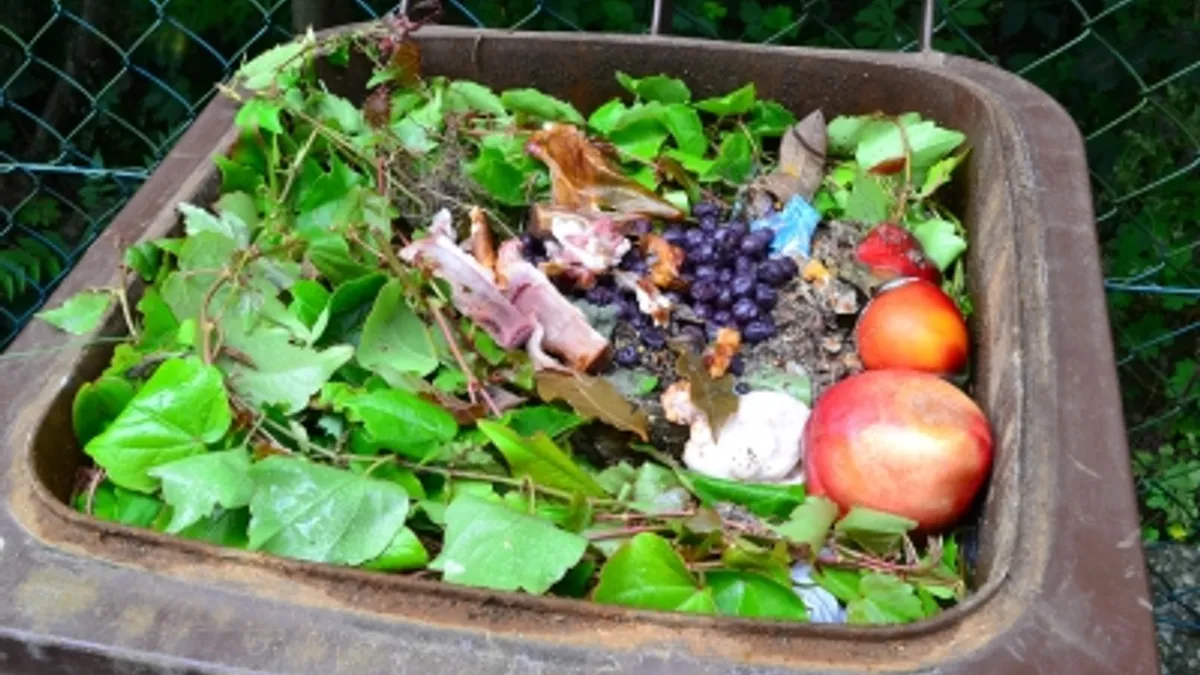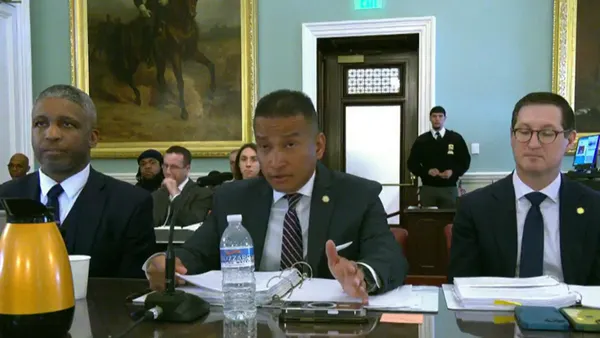The city of Philadelphia has announced pilot program to install garbage disposals in 200 homes. The goal is to reduce the food waste going to the landfill, which costs the city $68 a ton in tipping fees.
Instead, residents will be encouraged to pulverize their veggie trimmings, orange rinds, and leftovers in the disposal, sending it to the city’s treatment plants, where it will provide fuel for electricity generation and be transformed into fertilizer.
The city is partnering with a major manufacturer, InSinkErator, which will provide and install the 200 disposals. The company also is offering $20 rebates to residents elsewhere in the city who install their “Evolution” devices, priced from $179 to $329.
“This is another area where Philadelphia is ahead of the curve,” said Charles Haas, Drexel University’s Betz professor of environmental engineering.
In some corners, however, the devices are viewed as guzzling water, burning electricity, clogging pipes, and inundating already-stressed sewer systems.
Others wonder whatever happened to composting.
Biosolids are not the same as compost. “They are not soil, and they are no longer part of the living cycle,” said composting advocate M. Lee Meinicke.
Meinicke is president of Philly Compost, an organics recycling company that with two other companies currently handles food waste from 400 homes. “If composting advocates had the same kind of money as InSinkErator,” she said, “could we have gotten them to do a similar program around composting?”














